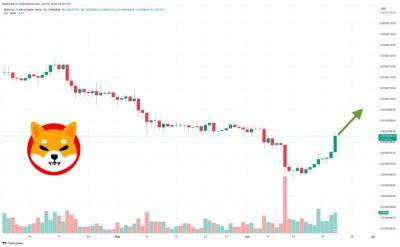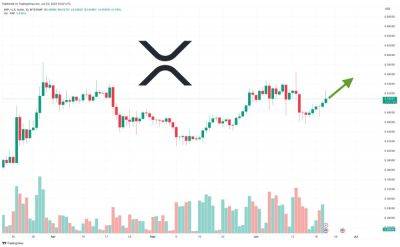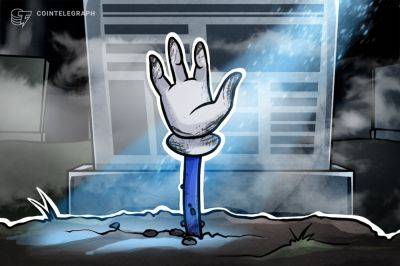The Observer view on Britain’s economy: it is very sick, but there are remedies
It has been a week of bad economic news. The latest data from the Office for National Statistics confirmed that inflation has fallen in the UK, but to 8.7%, slightly higher than had been predicted. This triggered a strong reaction in the bond markets, pushing up the cost of government borrowing to almost the same as it was in the wake of Kwasi Kwarteng’s mini-budget that tanked the markets last September.
It is a sobering reminder of the lasting legacy of Liz Truss’s brief premiership. In just 49 days, she and her chancellor undermined long-term investor confidence to the extent that the UK government, once able to borrow at interest rates of almost zero, now faces some of the highest borrowing costs of developed nations, with these costs liable to rise even further as a result of only moderately bad economic news. It means that for the first time in decades, the UK is subject to the same sorts of external market pressures on its investment, tax and spending decisions as much less affluent economies.
The British economy has been subject to the same shocks as others around the world such as the pandemic and the impact of the Ukraine war on energy and food prices. But the UK has fared far worse than its competitors as a result of long-term structural weaknesses and terrible political choices.
The UK was too reliant on financial services to drive its buoyant growth in the 2000s, creating significant regional inequality between London and the south-east, and the rest of the country. This growth masked low productivity in other sectors and an economy too dependent on consumer spending, fuelled by personal debt secured against a housing price bubble, with not enough business investment and spending on skills. These weaknesses
Read more on theguardian.com





















